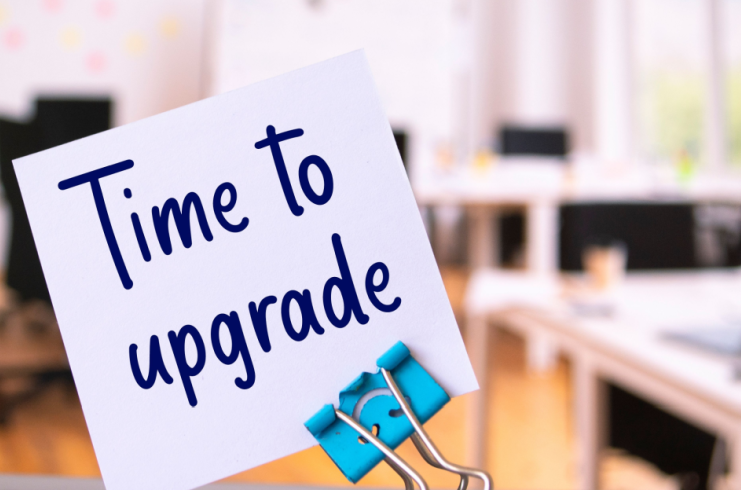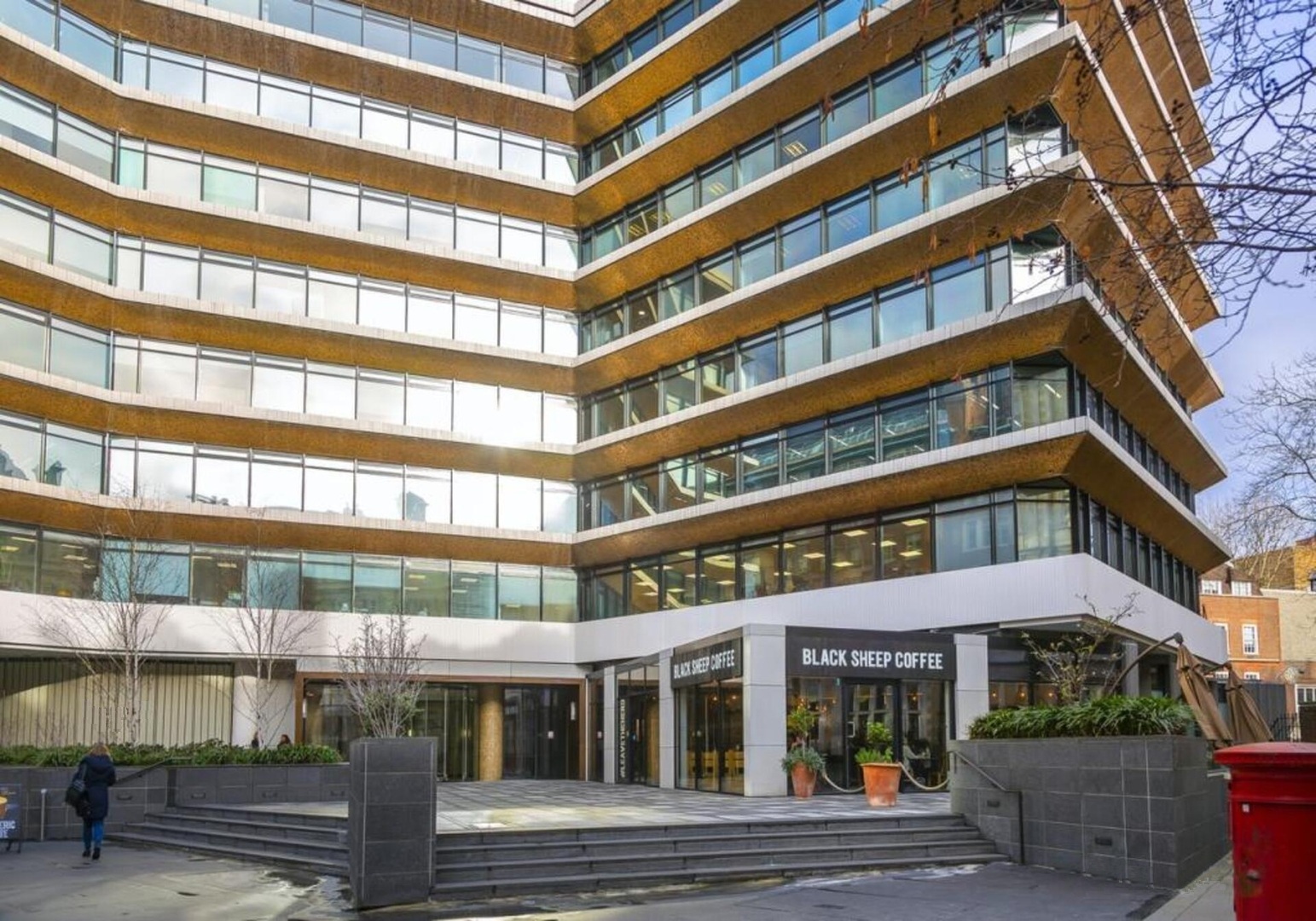BLOG
Tech Tips: What’s the Best Laptop Specs for Business Needs?

The end of support for Windows 10 is seeing many users faced with the difficult decision to upgrade their technology if their existing equipment cannot support the upgrade to Windows 11. While Windows 11 will remain the superior option with current security updates and further upgrades to the system, replacing and upgrading existing equipment may present several questions on what the best laptop specs for their needs might look like.
In this laptop buying guide, we’ll cover the absolute minimum suggestions users might need to consider when replacing their business equipment.
8GB RAM and 256GB SSD are Good Starter Specs for a Regular Work Laptop
When selecting a business laptop, two of the most important factors to consider are performance and storage. A configuration with 8GB of RAM and 256GB of SSD storage strikes the perfect balance for users looking for a device that can efficiently handle everyday tasks without breaking the bank. This combination is particularly appealing for users transitioning from older systems, such as those running Windows 10.
Adequate for Multitasking: With 8GB of RAM, your laptop can comfortably handle a variety of applications running simultaneously. Whether you’re working with Microsoft Office, keeping multiple browser tabs open, managing email accounts, or using collaboration tools like Zoom and Slack, 8GB ensures smooth operation. While it’s not suited for heavy-duty tasks like video editing or high-end gaming, it’s perfect for typical office work and general productivity.
Speed and Responsiveness: SSDs are significantly faster than HDDs in terms of read and write speeds. This translates to much faster boot times, quicker file access, and overall improved system responsiveness. When you press the power button, your laptop will boot up in a fraction of the time it would take on a hard disk drive. This kind of speed boost makes the laptop feel more responsive, even with multiple applications running at once.
Future Proofing and Special Requirements on Laptops
For users who want to avoid upgrading in the next couple of years, it is also a good option to go with higher specifications to ensure the longevity of the device. For this, a 16GB RAM and 512GB SSD configuration is an excellent choice for future-proofing your laptop, offering a powerful and flexible setup that will serve well for several years.
16GB of RAM ensures smooth multitasking and optimal performance for resource-intensive tasks like video editing, software development, and running virtual machines. As software applications and operating systems become more memory-hungry, this amount of RAM will prevent slowdowns, making it ideal for professionals who need to work with large files, complex applications, or multiple programs at once. It also provides enough headroom for demanding workflows and ensures the laptop can handle future updates without performance degradation.
A 512GB SSD offers more than enough storage for most users, providing quick boot times, fast file transfers, and efficient access to large files and programs. Combined with the performance boost of an SSD, the extra capacity of 512GB ensures that the laptop remains relevant and efficient as your storage needs grow. This setup not only extends the lifespan of your laptop but also makes it a great investment for anyone looking to avoid frequent upgrades and stay prepared for evolving software demands over the next few years.
Engineers, software developers, and media editors may also find their resource-intensive programs may exceed even these specifications; many laptops using programs like CAD and video-editing software may also need a dedicated graphics card or have higher RAM requirements. If you’re uncertain of what type of equipment you should be considering upgrading to, our experienced Sales and Tech teams can offer advice on adapting and future-proofing for the updates on the horizon. Give us a call or send us an email today!


